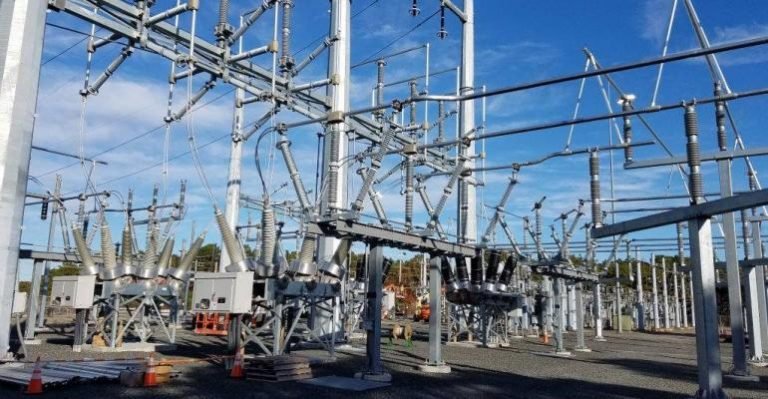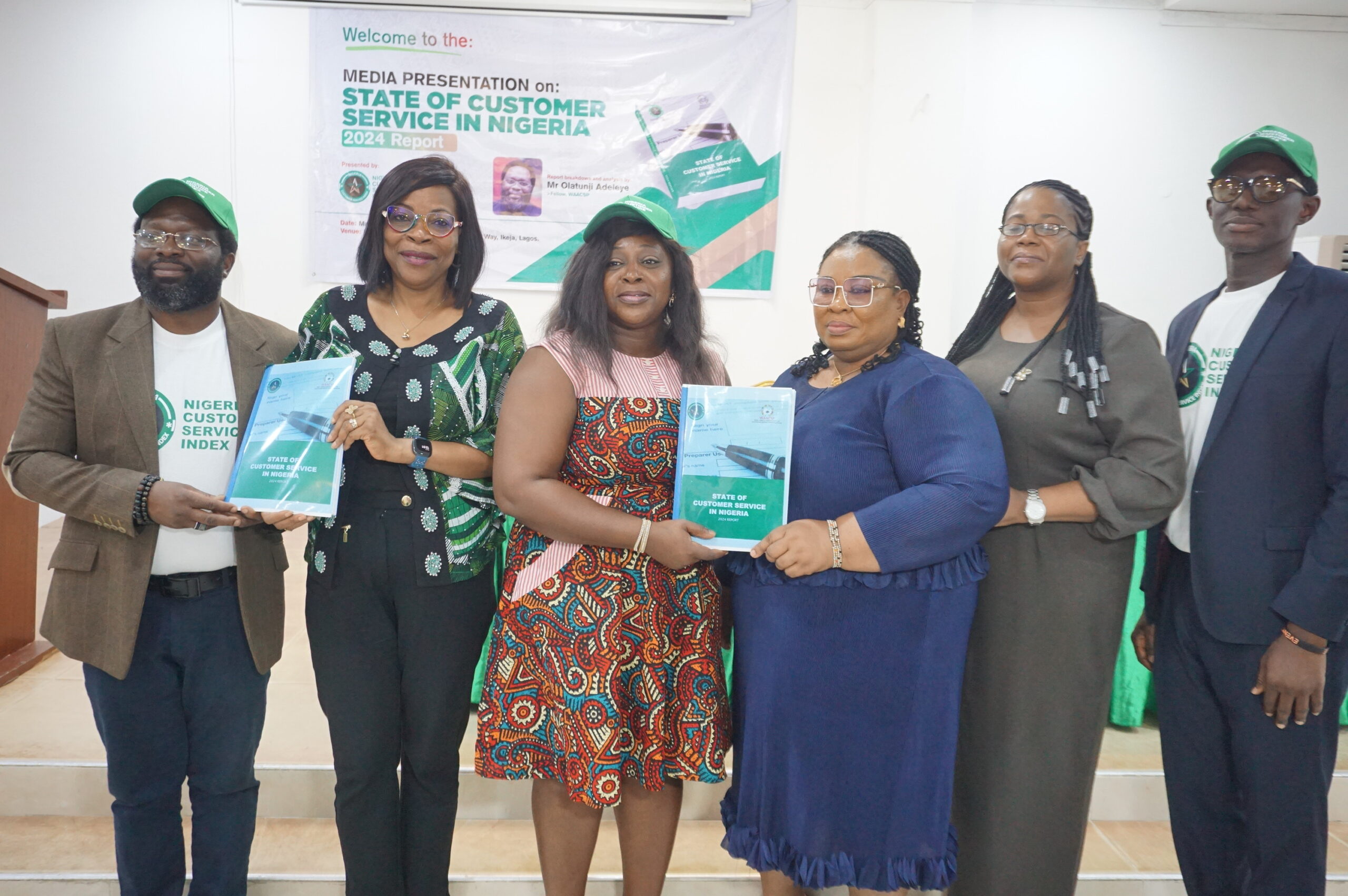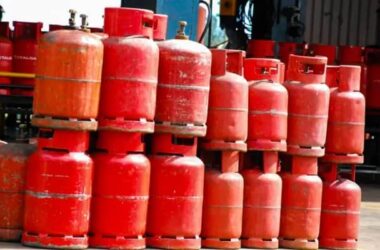Nigeria stands at a critical juncture as rising fuel costs ripple through the nation’s economy, leaving businesses, households, and industries grappling with an uncertain future. The removal of fuel subsidies, intended as a bold step toward long-term economic stability, has sparked intense debate across the country. While the policy shift aims to reduce fiscal burdens and boost investment in key sectors, the immediate fallout has been severe, triggering inflation, increasing the cost of living, and raising operational costs for businesses across the board.
The once-subsidized fuel prices have now surged, leaving Nigerians with fewer options as the costs of transportation, goods, and services skyrocket. For many, this is the tipping point in a country where millions already face economic hardship. The most vulnerable citizens, whose livelihoods depend on affordable fuel, are now bearing the brunt of a reform that was supposed to ease economic strains in the long term.
The Economic Impact on Businesses
For businesses, particularly small and medium-sized enterprises (SMEs), the increase in fuel prices is nothing short of a crisis. Transportation costs have escalated, affecting supply chains, logistics, and ultimately, product pricing. Many businesses are now struggling to balance the rising cost of operations with the need to remain competitive in a market where consumer purchasing power has dramatically decreased.
Nigeria’s manufacturing sector, which has long suffered from high energy costs due to reliance on diesel and unreliable electricity, is facing an even bleaker future. As fuel costs rise, manufacturers are either forced to pass the increased costs onto consumers or risk operating at a loss. Either scenario weakens the country’s already fragile industrial base and its ability to compete globally.
Inflation and Consumer Hardship
Inflation, driven in part by rising fuel prices, continues to erode the purchasing power of the average Nigerian. The cost of food, transportation, and basic necessities has become prohibitive for many, leaving families struggling to make ends meet. The ripple effect of fuel price hikes is deeply felt in the daily lives of citizens, with transportation costs consuming a significant portion of household incomes.
As inflation rises, so does the level of inequality. While wealthier Nigerians may absorb the shock of higher fuel prices, the poor and working class are increasingly pushed to the margins. For a nation with one of the world’s largest youth populations, the implications are grave, as disillusionment grows amid rising unemployment and a lack of opportunities.
A Nation at a Crossroads
At the heart of Nigeria’s current fuel realities is a broader conversation about the direction of its economy. The government’s decision to remove fuel subsidies was a recognition of the unsustainability of continuing to prop up prices artificially. Yet, the transition to a more liberalized market has exposed the lack of adequate infrastructure, policies, and safety nets to cushion the effects on the most vulnerable segments of the population.
The country now faces a critical question: Can it successfully navigate this path without exacerbating poverty and inequality? While the government has pledged to reinvest subsidy savings into infrastructure, health, and education, the timeline for such benefits remains unclear. In the meantime, the lack of immediate relief raises concerns about social unrest and growing dissatisfaction among citizens.
The Path Forward: A Delicate Balance
Nigeria’s path forward must strike a delicate balance between economic reform and social protection. To achieve this, the government must prioritize measures that cushion the impact on businesses and households. Investments in public transportation, renewable energy, and infrastructure must be accelerated to provide alternatives to the dependence on costly fuel.
Additionally, a robust safety net for the most vulnerable is essential. Whether through direct cash transfers, subsidies for critical goods, or expanded access to credit for SMEs, policies that address the immediate needs of Nigerians are urgently needed.
At the same time, the private sector has a role to play in adapting to these new realities. Businesses must explore cost-saving technologies, sustainable energy solutions, and innovative supply chain management to mitigate the impact of rising fuel costs. Collaboration between the public and private sectors will be essential to ensure that the country can weather this storm.
Seizing Opportunity Amid Crisis
Nigeria stands at a crossroads. The removal of fuel subsidies, while a necessary reform in many respects, has left the nation facing serious short-term economic challenges. The surge in energy costs is reshaping the business landscape and placing tremendous pressure on Nigerian households.
Yet, within this crisis lies an opportunity for Nigeria to restructure its economy and pave the way for a more sustainable future. By investing in long-term solutions, diversifying its energy sources, and protecting the most vulnerable, Nigeria can turn this moment of uncertainty into a foundation for greater resilience. The journey will be tough, but the decisions made now will determine the course of Nigeria’s future economic success.









